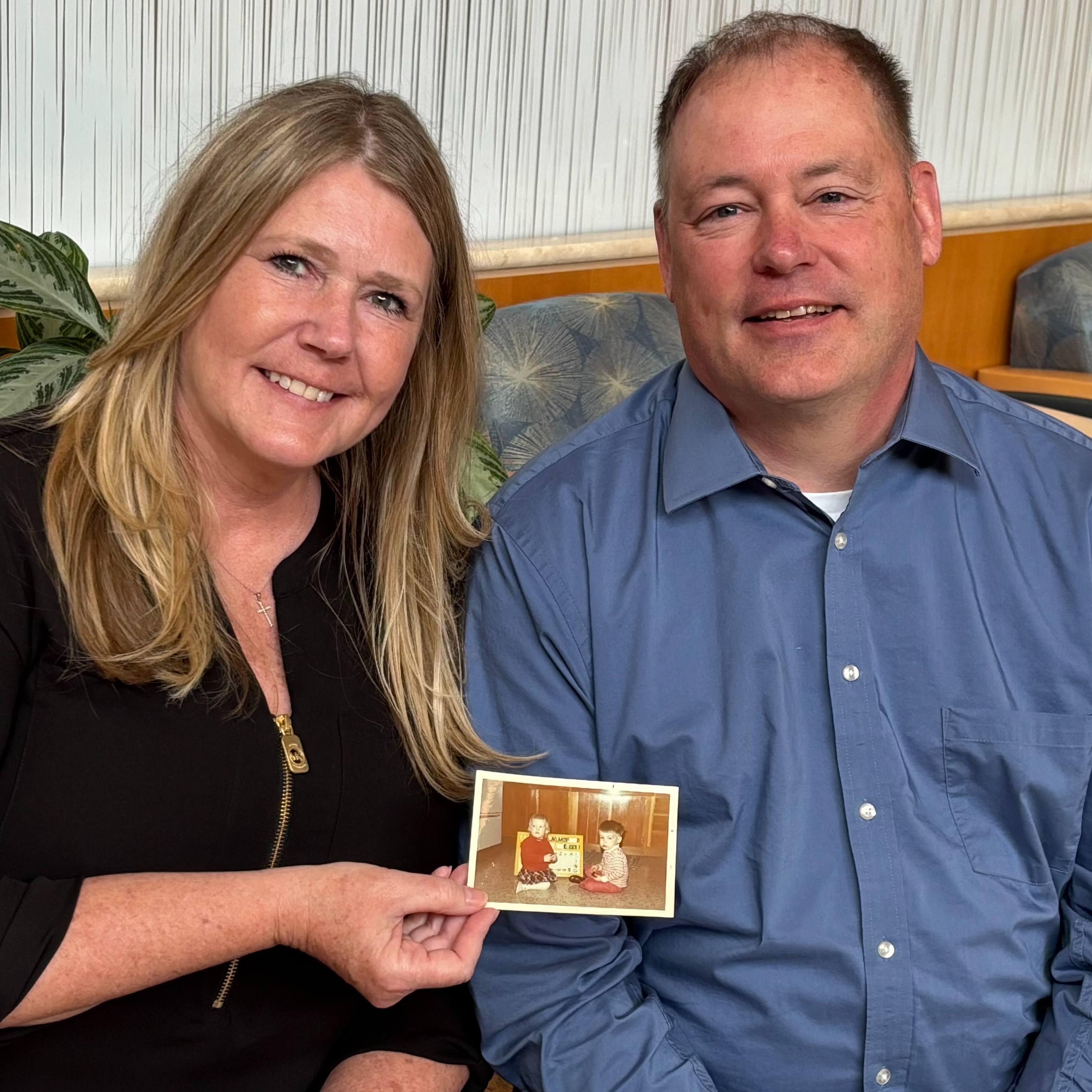-
Why Increased NIH Research Funding is Critical
MEDIA ADVISORY: Under the federal spending bill, released early Wednesday, the National Institutes of Health (NIH) would receive $200 million for President Obama’s Precision Medicine initiative and a $350 million increase for Alzheimer’s research funding in 2016.
“We applaud the agreement for the first increase in research funding for the NIH in over a decade. This significant act recognizes the importance of funding research and innovation in our nation,” says Gregory Gores, M.D., executive dean for Research at Mayo Clinic. “The increase in funding and commitment to research in areas such as precision medicine and Alzheimer’s disease would support discovery and translation to bring forward new treatments for our patients.”
An estimated 5.1 million Americans age 65 and older have Alzheimer’s disease, according to the Alzheimer’s Association, with that number expected to increase to 7.1 million by 2025. Mayo Clinic neurologist Ronald Petersen, M.D., Ph.D., chair of the Advisory Council on Research Care and Services for The National Alzheimer’s Project Act, says:
“The increased research funding for Alzheimer’s disease is critical to carry out the recommendations emanating from the National Institutes of Health summits on Alzheimer’s disease and related disorders. The summits in 2012, 2013 and 2015 designated a set of priorities that have evolved into milestones for the research field as was suggested by the Advisory Council for Research, Care and Services for the National Plan to Address Alzheimer’s Disease."
Dr. Petersen continues, “These priorities include developing new clinical trials to develop therapies for Alzheimer’s disease as well as following clinical participants, validating biomarkers and exploring new treatment targets. The National Institute on Aging has developed funding opportunities to accomplish these milestones, and this funding is necessary for them to be able to accomplish these goals.”
Director of Mayo Clinic Center for Individualized Medicine, Keith Stewart, M.B., Ch.B., says, “Approval of funding for the Precision Medicine Initiative represents a national commitment to understanding and advancing health care based on an individual’s genetic makeup. With this support the initiative can now focus on developing more individualized treatments for cancer and further advance understanding of the human genome by launching a national, million volunteer, precision medicine cohort.”
MEDIA: Dr. Petersen is available for interviews. Contact Susan Barber Lindquist at 507-284-5005 or newsbureau@mayo.edu.








